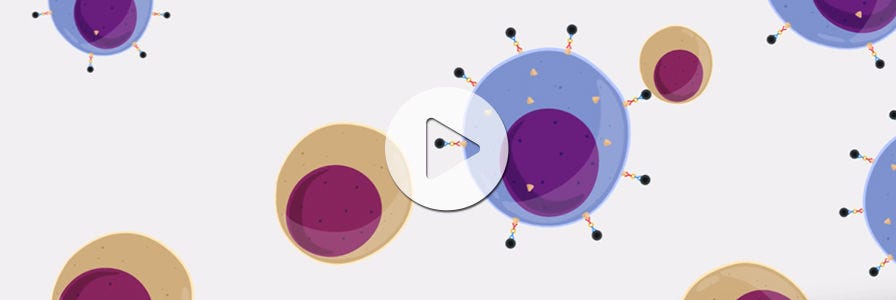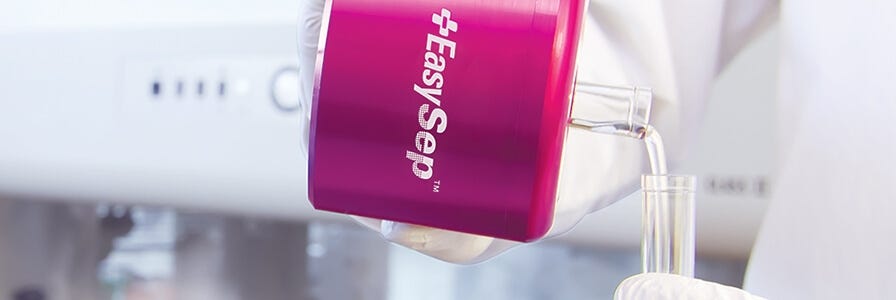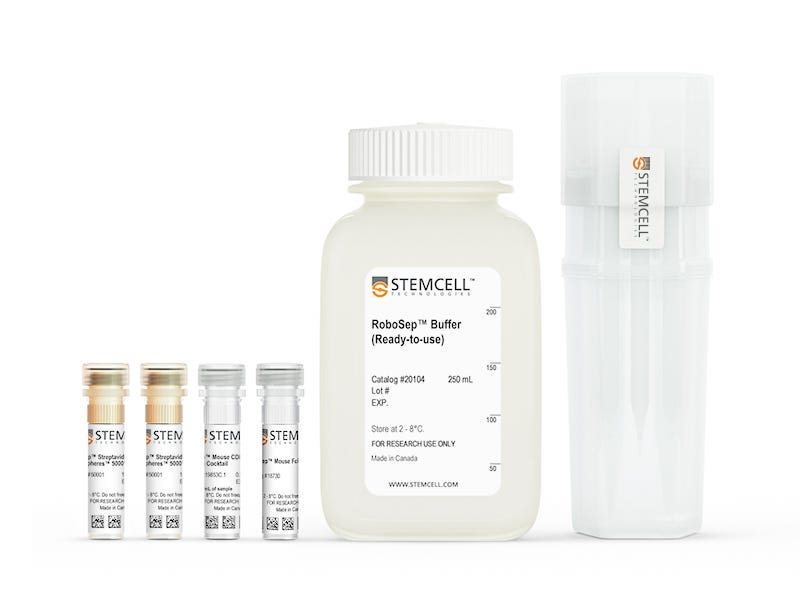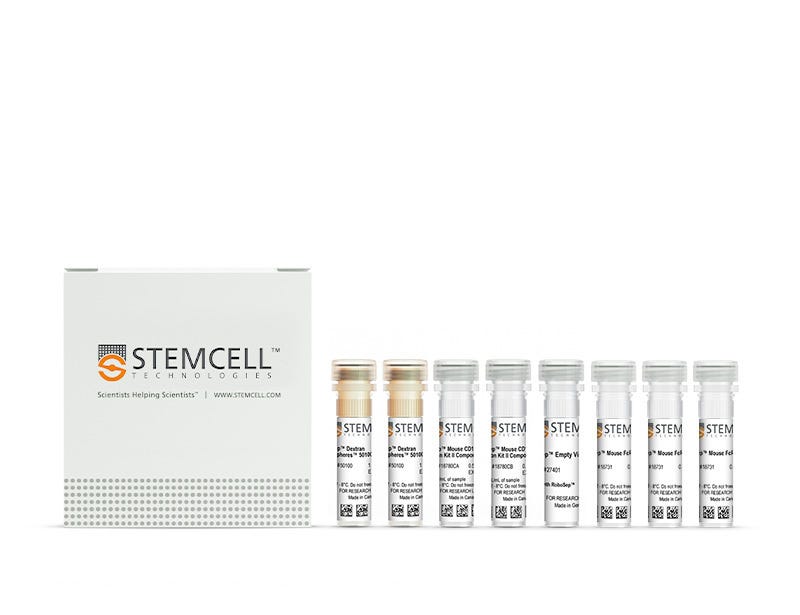Dr. Payel Sil describes her work investigating the role of autophagy on inflammation and autoimmunity
Understanding the Role of Autophagy in Inflammation and Autoimmunity
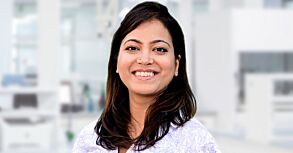
Dr. Payel Sil is a Postdoctoral Fellow in Dr. Jennifer Martinez’s lab at the National Institute of Environmental Health Sciences (NIEHS) and the National Institutes of Health (NIH). Payel currently works on several projects that span in vitro, ex vivo, in vivo and clinical aspects of autoimmune disorders. In this interview, Payel tells us her story: how she became a postdoctoral fellow at one of the most prestigious research institutes in the world. She discusses her research on the role of autophagy in inflammation, and shares useful insights for new researchers.
Topics:
- The role of non-canonical autophagy on inflammation and autoimmunity
- Immunoregulatory role of the LC3-associated phagocytosis (LAP) pathway
Payel’s story: from collecting feathers to a postdoctoral fellowship
Why did you choose a career in science?
I feel I have always had an inclination towards science. As a child I was curious and wanted to explore new and unknown things. During summer vacations, I used to collect bird feathers and stow them in my dad’s shoe box under my bed. I remember falling sick staying out in the rain just to collect multi-colored bird feathers. I was very lucky to have parents who constantly encouraged my bizarre interests.
I believe my fascination with biology began when I saw blood cells for the first time under a light microscope at the age of six in a local college. To my untrained eyes they looked like ‘strawberry Mentos®’ and I remember being struck by their minute size. What fascinated me the most was how a tiny object that constitutes life can be studied under a microscope.
Tell us about your scientific journey.
I have been involved with research ever since my undergraduate training days at Delhi University, India. I have always believed that knowledge is power. Times may change but the importance of knowledge and education does not fade. With this realization, I decided to advance my education in the UK. I received a scholarship to pursue graduate studies in Industrial and Commercial Biotechnology at Newcastle University, UK. After obtaining my postgraduate degree, I chose to work for a clinical research study, where I got firsthand experience working with patients and study participants who were suffering from various geriatric disorders, autoimmune problems and/or cancer. I really enjoyed interacting with participants from different walks of life as everyone had an interesting story to tell. My experiences inspired me to pursue a better understanding of human health and associated disorders. I proceeded to further my education and earned my postgraduate degree in Clinical Research at the University of Hawai’i, USA.
I was always interested in immunology because of its huge impact on improving human health and in combating diseases. To deepen my knowledge and understanding of this field, I moved to the University of Georgia, USA, to earn my PhD in Immunology. My doctoral work involved studying the role of neutrophils in auto-inflammatory diseases like gout, osteoarthritis, and cystic fibrosis. After completing my PhD, I received a postdoctoral fellowship from the National Institute of Environmental Health Sciences (NIEHS) / National Institutes of Health (NIH), where I study the role of the autophagy machinery on immune-related disorders like allergic contact dermatitis.
What have you learned from your journey?
My journey has not only improved my understanding of chronic illnesses, but it has also helped me appreciate the complexity of the immune system. I am always humbled by how much we still don’t know and the quantum of work that still needs to be done. My research experience has given me the appropriate perspective and judgement required for solving research problems. I have learned to visualize potential risk factors beforehand, troubleshoot, and plan accordingly.
Understanding the role of autophagy on inflammation and autoimmunity
What are you working on now?
I am currently investigating the role of Rubicon in modulating the immune system in skin inflammation. Rubicon has been shown to be important in clearing dead cells in a quiescent manner via the LC3- associated phagocytosis (LAP) pathway. LAP deficiency has been previously shown to cause autoimmune disorders, like systemic lupus erythematosus (SLE). One of my goals in the Martinez lab is to investigate the role of LAP in immune defense and maintaining homeostasis during inflammation and autoimmune disorders.
What is the significance of your research?
We hope that our research will improve our understanding of the LAP pathway and unveil the mechanisms to find the key players in the pathway. Armed with this information, we can tweak the immune system such that it can bestow protection to the host. This will also lead to improved therapeutic intervention to resolve LAP-related autoimmune problems. Identifying risk factors, like Rubicon SNPs [single nucleotide polymorphisms], can help in tailoring personalized therapeutic strategies to stop the disease in its tracks.
Predicting the future of immunology research
Where do you think the field is heading?
Personally, I feel that there will be novel therapeutic advancements made to explore the interaction between tissue-specific immune cells and their resident microbiota. Additionally, enhancements in deep and single-cell sequencing to uncover multiple molecular features useful in detecting abnormalities in immune system will move our knowledge forward. Seahorse metabolic analyzer[s] and mass cytometry are currently being utilized to analyze individual protein and metabolite abundances. These existing techniques will aid our understanding of autoimmune disorders and immune cell behaviors under duress, thereby improving therapeutic interventions to alleviate not only LAP- related autoimmune disorders, but also other diseases.
Wise advice on the joys and challenges of research
What do you enjoy the most about your current role?
In most experiments and in developing/executing protocols, we must troubleshoot and find a solution. Overcoming scientific hurdles and challenges is an enjoyable experience for me. Often the struggle involved with overcoming these hurdles can be frustrating. However, eventually arriving at the right solution makes us more resilient and improves our understanding. Seeing my work recognized in [the] form of publications, presentations and awards also makes me happy and motivated.
What do you find most challenging about research?
Research can often be very ungratifying, it becomes hard to push forward and persevere when there are multiple scientific challenges to overcome. The most challenging part is to tirelessly look for answers without knowing when to stop and change course. This can often lead to confusion and lower morale. The only way to overcome this is to take a step back and reevaluate the research problem with a different perspective. Additionally, while on the path a researcher should not shy away from seeking potential collaborators to resolve scientific hurdles. Sometimes finding the right solution lies in leveraging the expertise of others. One of my biggest realizations has been that success is going from failure to failure without losing enthusiasm. There is no shortcut to academic/scientific success, nothing in this world can replace persistence, rigor, and hard work.
What advice would you give new researchers?
The biggest tip is to do what you enjoy because this will drive you through the challenges you encounter in your journey. This may sound clichéd but not giving up easily, staying focused, planning, delegating, and trying to find creative and enterprising solutions to a given problem/scientific question is the advice I will give new students. Additionally, never underestimate the value of good mentors in your grad school/ postdoctoral journey to empower you. Your professors, colleagues, collaborators and well-wishers are going to be instrumental in accomplishing your goals and pushing your career forward so it’s important to build strong professional relationships.
Pushing the conversation in science
What do you think about the state of academic research?
There has been a significant focus on STEM education in recent times. However, to pursue advanced studies or research in science, scientists/academicians often struggle to obtain the highly competitive grants that are essential to accomplishing all of their scientific goals. The current state of academic research demands better communication with the common population and promotion of science so that the masses can understand its vital importance. Simple communication tools like podcasts, social media outlets, web-based videos, infographics, television series, etc. from reliable sources can be utilized to distill complicated scientific concepts into an easily understandable format, to raise awareness. Lay people will then recognize [the] critical nature of scientific research, which may lead to increased participation in science and/or alternative funding sources for scientific research, like crowdfunding, etc.
One such area that can benefit from this is autoimmune disorder research. Although these disorders are chronic and affect 50 million Americans, there is currently lack of research in the field. These diseases are highly complex, hard to manage and with time the conditions worsen. Additionally, many chronic autoimmune disorders can lead to cancer which makes it more important to further research in the field to improve our understanding and devise effective therapeutic strategies.
Isolating dendritic cells, T cells and neutrophils
What cells do you isolate in your research?
Dendritic cells [DCs], T cells, and neutrophils are the cells I have been isolating for my research. I previously used neutrophils to perform Neutrophil Extracellular Traps (NET)-related experiments. I have used DCs and T cells to perform antigen presentation and T cell expansion experiments to evaluate the role of autophagy in immune cell interactions.
Which STEMCELL cell isolation products have you used?
I have used the T cell and neutrophil negative selection kits from STEMCELL Technologies. I have also used DC positive selection kits from STEMCELL Technologies.
They are very efficient kits and I can perform my isolations quickly without compromising on cell quality or viability. I always get 90 - 98% viability using the STEMCELL products. Their isolation protocols also aid in keeping the cell’s functional properties intact and thus can be used for multiple downstream processes.
Why do you choose to continue using STEMCELL products?
I choose to continue to use STEMCELL products because I would like to keep my results consistent and I see minimal difference between the batches. They also provide sound technical guidance and their shipments always arrive in a timely manner.
How Does EasySep™ Work?
Watch a short video describing how this immunomagnetic cell separation technology can let you isolate cells faster.
Try EasySep™ in Your Lab
Isolate highly purified immune cell subsets in as little as 8 minutes with a simple pour.
Related Products
View more Immunology Profiles or explore selected publications showcasing how cells isolated with EasySep™ are used.
Request Pricing
Thank you for your interest in this product. Please provide us with your contact information and your local representative will contact you with a customized quote. Where appropriate, they can also assist you with a(n):
Estimated delivery time for your area
Product sample or exclusive offer
In-lab demonstration
